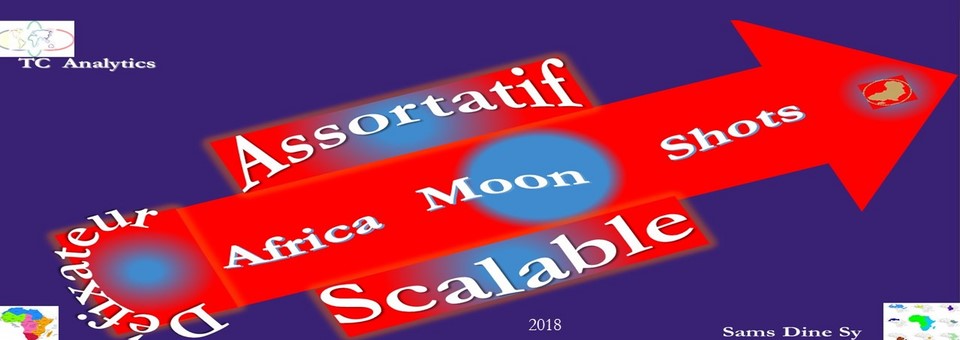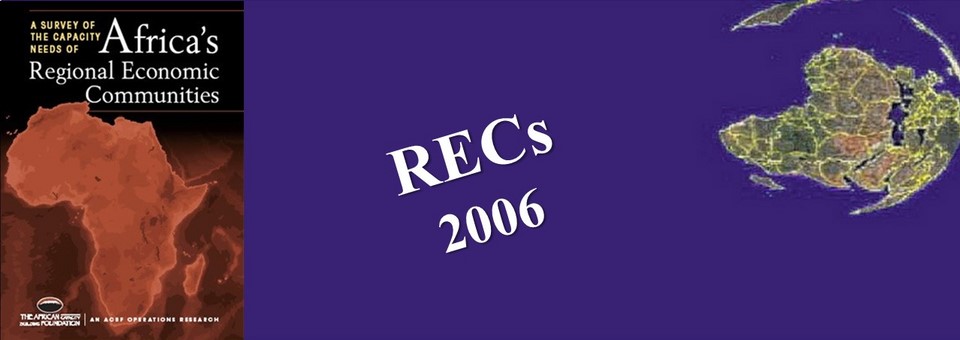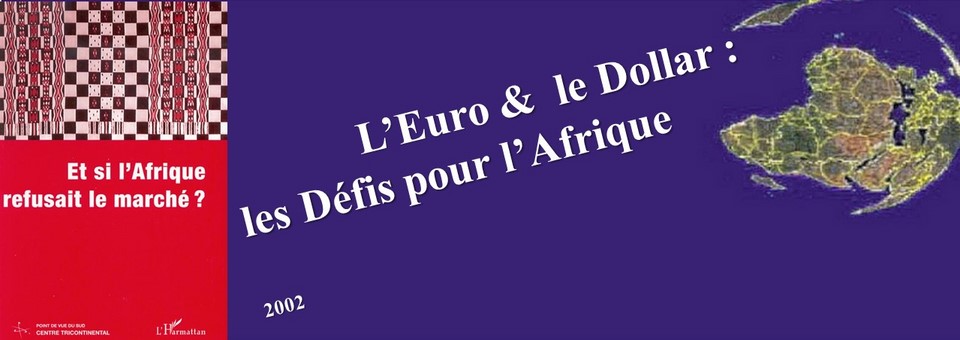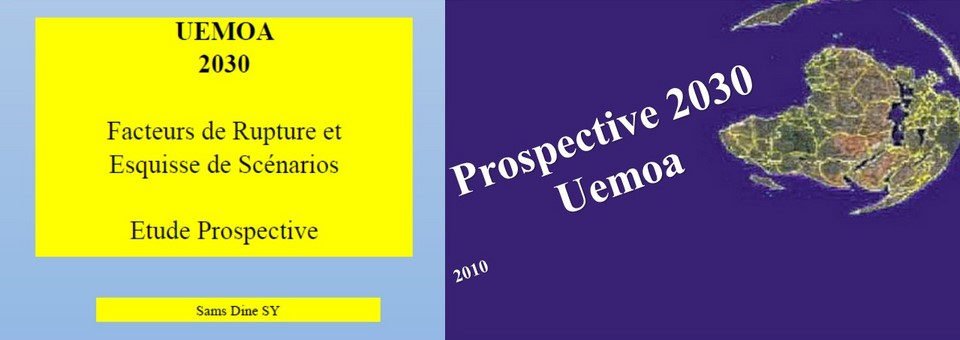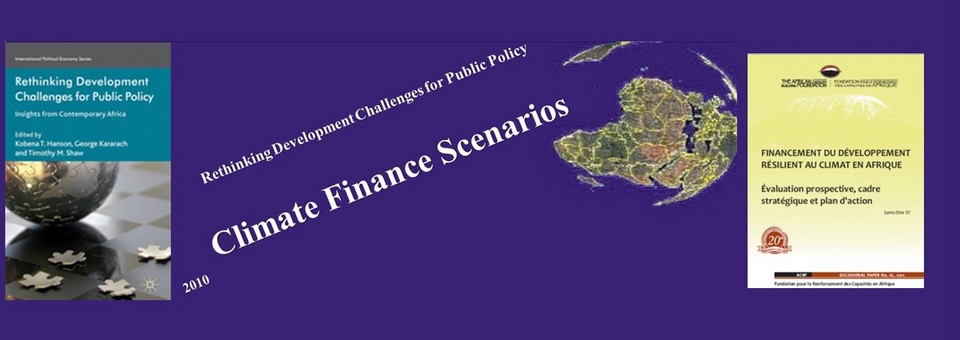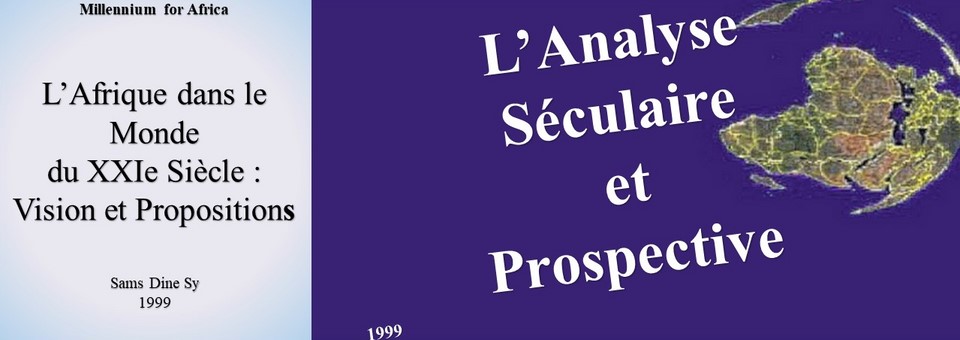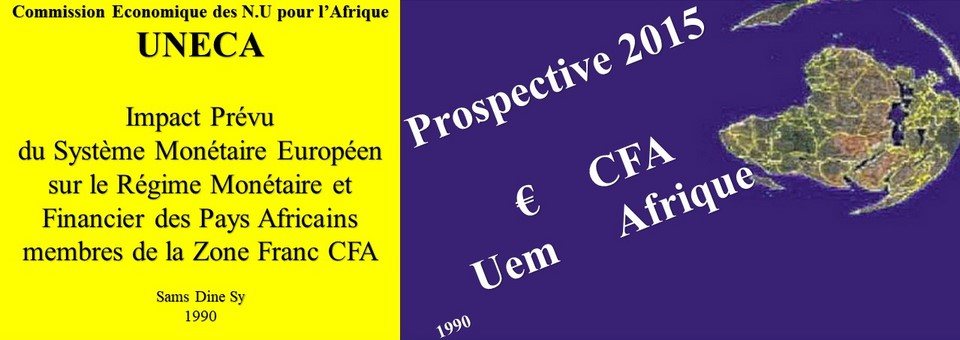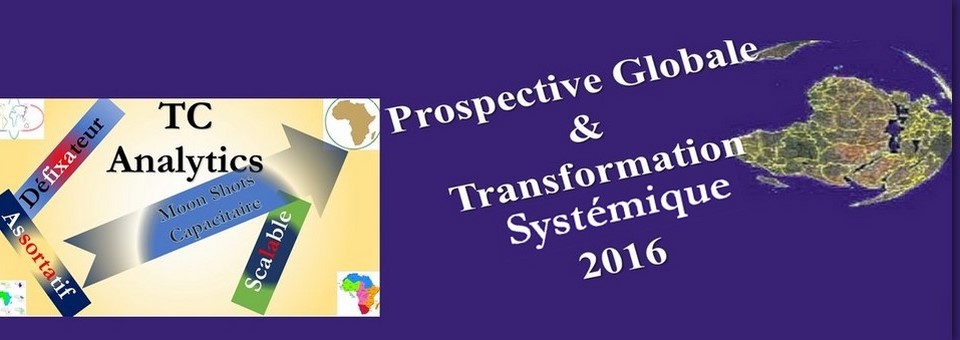POLICY ANALYSIS :
Deployment in AfricaGlobalization, Development & Socialism
Mondialisation & Développement
Pour être utile, l'analyse devra bien cerner la complexité du sujet, prendre comme point de départ la comparaison des performances des pays à l'échelle mondiale depuis deux siècles. Elle devra aussi interroger la notion de développement, les méthodes d'évaluation, les hypothèses sous-jacentes ainsi que le lien avec la pensée socialiste qui en est contemporaine. S'il est incontestable que l'apparition du socialisme, a permis le développement européen et sa mondialisation, au cours des années 1820-1900, son déclin au cours de la deuxième moitié du XXe siècle a provoqué le désenchantement du développement et la marginalisation des politiques d'aide et de coopération avec les pays africains notamment.
Le dernier siècle plus que tous les autres révèle une facette du développement en tant que processus hautement sélectif qui, à bien des égards, s'apparente à un secret bien gardé, une course à handicap, avec une seule haie, le niveau du PIB des nations les plus riches. D'une part, le boom constaté entre 1820 et 1900 ne s'est pas reproduit au XXe siècle. D'autre part, aucun des pays ayant adopté le régime socialiste n'a réussi à intégrer ce club.
Globalization & Development
PIB ($US/h) | ||
|---|---|---|
| 1900 | 1 218 | 24 pays dont : 15 Européens et 7 non Européens (ex-USSR, Chili, Argentine, Canada, USA, Nouvelle-Zélande) |
| 2000 | 14 565 | 23 pays dont19 Européens et 5 non Européens (Chili, Argentine, Canada, USA, Nouvelle-Zélande) plus Japon, Corée du Sud, Taiwan |
Africa may not be so bad since 2005. But secular experience shows that it can only be an episode of growth which, like previous ones, will end in failure if nothing is done now.
To be useful, the analysis will need to understand the complexity of the subject, taking as its starting point the comparison of countries' performance on a global scale over the past two centuries. It will also have to question the notion of development, the methods of evaluation, the underlying assumptions and the link with contemporary socialist thinking. While it is indisputable that the emergence of socialism allowed European development and its globalization in the years 1820-1900, its decline in the second half of the twentieth century caused the disenchantment of development and the marginalization of aid and cooperation policies with African countries in particular.
The last century, more than any other, reveals one facet of development as a highly selective process which, in many ways, resembles a well-kept secret, a handicap race, with only one hedge, the GDP level of the richest nations. On the one hand, the boom between 1820 and 1900 did not recur in the 20th century. On the other hand, none of the countries that have adopted the socialist regime has managed to join this club.
Development and socialism: correlation or causality?
Year GDP (US$/h) Countries crossing the hedge
1900 1 218 24 countries of which: 15 European and 7 non-European
ex-USSR, Chile, Argentina, Canada, USA, New Zealand)
2000 14 565 23 countries including 19 Europeans and 5 non-Europeans (Chile, Argentina, Canada, USA, New Zealand) plus Japan, South Korea, Taiwan
The situation is harsh, even if the entry into the new Millennium is marked by a relative infatuation for development, whether out of pure compassion or out of simple curiosity. The fact is that the principle of building a global partnership was thus enshrined in the UN Millennium Declaration, as a result of the post-Cold War context. The resulting initiatives constitute a major step in the development process, both in terms of the novelty of the approaches and the twists in their design: the MDGs, the Global Partnership, the G8 Africa Action Plan, NEPAD, the Millennium Challenge Account, and others, including the proposals of the Commission for Africa. They cannot, however, be exempt from any critical examination. There is still uncertainty about what future decades will bring for a continent that is still lagging behind a revolution and so slow to appropriate development concepts.
Yet the source code of development will one day have to be pierced and made accessible to all. Therefore, a legitimate question arises: what can socialism do to break through this code?
Action for development: always benevolent
The improvement recorded since 2005 is certainly evident at the aggregate level and everything is good to take. It does not mean that Africans are doing well, nor does it mean that cooperation has contributed anything to it. There is no need for investigation or evaluation to make sense of the fact that :
- the space of expression of Africans is reduced like a skin of sorrow in a world of globalization. To exist, they must increasingly think, conceive and defend themselves in another language; those who do so must continue to suffer a gaze that reduces them to the status of vestiges of colonization;
- speech of African origin is increasingly inaudible when it is not suppressed;
- Governments of developed countries are suspected of duplicity whenever they intervene in Africa or speak on behalf of the continent. Compassion and benevolence irrigate the official discourse.
Why did we get here? Is there a curse on development aid to Africa? How to redefine a new area of intervention without getting tangled up in the "field and out of the field", without falling back into the zoning.
Answering this question should be a major concern in the effort to renew aid policy, its foundations and its raison d'être.
Reaffirming the political foundations of international action for development and making better arguments.
Foundations
The foundations of development cooperation must first and foremost be political. It is at the approach level that several dimensions need to be combined to measure the complexity of the problem.
International public action in the field of development must always be underpinned by a political vision, even if it means renewing it to take into account changes in paradigm, context and the perimeter of the target zone (Franc Zone, Field/Out of Field Countries, Priority Solidarity Zone). The underlying vision was first imposed and then negotiated and suggested before being shared, albeit to varying degrees today. Thus, French policy has been successively described as a policy of aid, then assistance, cooperation and partnership. These conceptual developments are neither neutral nor free. They show an evolution - laborious and chaotic - in the understanding of development issues and a real willingness to adapt.
Among the major changes that will influence the future of the relationship between France and Africa is the evolution of needs and, in particular, the need for knowledge, skills and capacities - both for development and for the provision of effective and quality public services. This applies to African states. This also applies to their partners. Suffice it to mention the depth of the ditches, the multiplication of borders, the density of the glass ceilings and the rigidity of the barriers separating one from the other. Facing these new challenges requires vision, will, commitment and political leadership, embodied at the highest level by a face that inspires confidence and a renewed system of governance. On both sides.
Rationale
The complexity of development problems requires an understanding of their multiple dimensions These dimensions are ethical and pragmatic but with a content different from that presented in the note*. They are also economic and instrumental.
The responsibilities in Africa's current situation are mutual; this must be recognized with humility in order to get rid of the feeling of benevolence that has long polluted cooperation policy and confined African actors to a position of assistance. New modalities of intervention and delivery logic are needed to cope with rising development needs; care must be taken to move forward so as not to fall back into the mistakes of the past. Development aid, like any public support, consists in providing externalities to actors and networks, creators of innovation, added value and wealth, and in managing the risks of errors in choices. Aid recipients must first learn to conceptualize their needs, to express them, to organize themselves, to influence its orientations and management methods, to absorb it or to change scale as desired.
The objectives, axes and areas of intervention of Africa's development aid policy
The objectives flow naturally from the unifying themes of the vision:
- Promote exemplarity through good governance of official aid to Africa.
- Integrate actions into a public service delivery logic that meets quality and performance standards based on best practices.
- Provide externalities to actors who are part of a results chain, creating value and growth.
- Strengthen the role of actors in the key tasks of implementing, evaluating and designing policies and financing instruments.
The OECD/DAC recommendations are a good starting point for areas of intervention, areas of application and institutional arrangements. These documents accurately highlight the considerable efforts made to refer to best practices in results-based management as set out in the "Paris Declaration on Aid Effectiveness.
Sams Dine SY, 18 February 2007
This article is a commentary on the note on development aid policy of the French Socialist Party (P. Jacquemot, author), He wrote at the request of its Secretariat.
